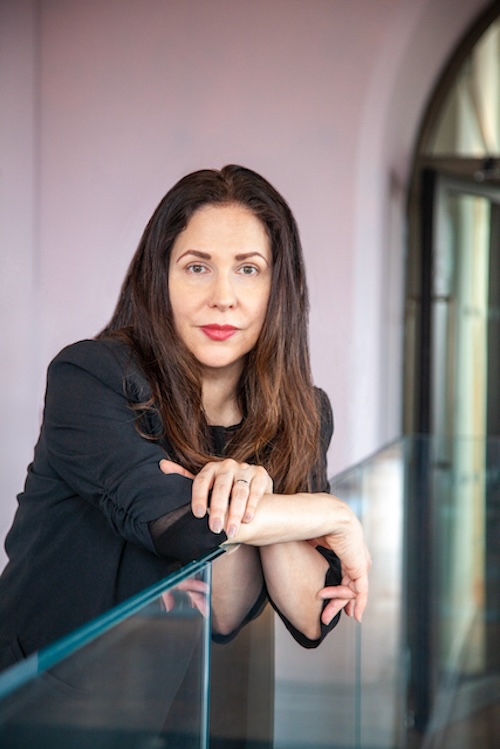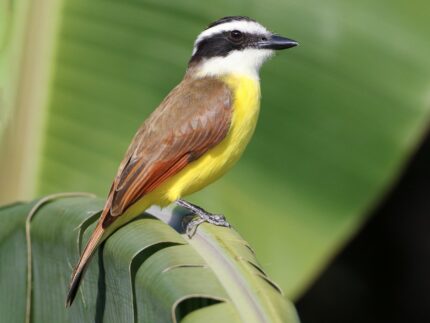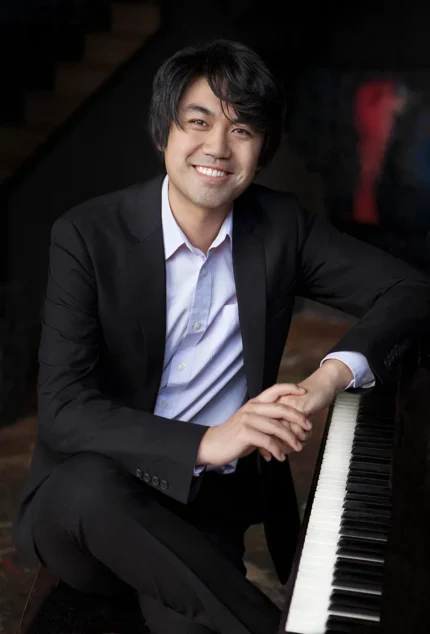Illinois Philharmonic serves up high-stepping Gershwin and a Sierra premiere takes flight

The Illinois Philharmonic Orchestra continued its season Saturday night with the southwest suburban ensemble’s first program of 2024—a typically American-focused lineup with a homegrown piano concerto and Midwest premiere alongside a Russian standard.
On paper the program, performed at Trinity Christian College in Palos Heights, looked like an oddity, made up of three entrées and no main course. In concert, however, the results proved varied and largely successful under the reliable baton of music director Stilian Kirov. Even so, just one hour of music—lengthened by a late start, piano encore, intermission and spoken introductions—makes for a rather ungenerous program.
The composer Arlene Sierra, born in Miami and resident in England, has concentrated her music on various nature phenomena, as with the Northeast wind in Aquilo and butterflies in her Nature Symphony. More recently Sierra has written music inspired by our featured friends—most notably her Bird Symphony, which was commissioned and premiered by the Utah Symphony in 2022.
Kiskadee is Sierra’s latest avian-inspired work and received its Chicago-area premiere by the IPO Saturday night. A consortium commission by the League of American Orchestras, this concise work uses a transcription of the title bird’s call as thematic material along with environmental sounds. The kiskadee is threatened by the competing song of the troupial but reasserts itself and emerges triumphant.

Sierra’s treatment of the kiskadee theme is no gently lilting birdsong; rather Sierra’s noirish take on the throaty call of this colorful but highly territorial bird seems closer to the winged monster in Q. Emphatic and aggressive, the three-note motif is punched out in strident brass, piano and winds. The vying repeated-note troupial theme is first heard in a solo violin and the two themes collide and do battle before the kiskadee has the emphatic final word.
Kiskadee is a superbly crafted work and a compelling listen. Sierra packs a lot into a six-minute span and her scoring is assured and stylish with an edgy brilliance to her writing for brass, winds and percussion.
Kirov and the IPO musicians gave this local debut first-class advocacy, with playing of impressive bite and precision, skillfully balanced and scrupulously prepared by Kirov.
The composer was on hand to share in the far-too-light applause. After she returned to her seat, Kirov immediately thanked Sierra for her superb score and properly requested that she be acknowledged again—and was with a more deserving ovation.
Next year will mark a century since George Gershwin premiered his Concerto in F—not “Piano Concerto in F major” as printed in the program and increasingly mis-titled elsewhere—with the composer as soloist and Walter Damrosch conducting the New York Symphony Orchestra. Gershwin’s sole full-length concerto remains by far the finest American piano concerto, rich in characteristic Gershwin melody and smartly scored, with the composer’s fusion of jazz elements and classical structure at its most fluent and confident.
Sean Chen was the evening’s soloist. As Kirov noted in his introduction, Chen was also the soloist when the conductor did his “audition concert” with the IPO seven years ago; Kirov joked that the pianist’s playing “helped me get the job.”

Chen proved a stylish exponent of Gershwin’s jazzy concerto with rippling keyboard work and an idiomatic feel for the bent-note accents, handling the syncopated rhythms with the easy swing of a veteran club player.
Kirov led a high-stepping accompaniment that was ideally brash, lively and exuberant. Unfortunately, the crucial trumpet part of the bluesy Adagio crashed and burned like the Hindenburg, with painfully inept playing of all three solos.
Even with that jarring lapse, Chen’s refined playing of the slow movement elicited applause from the ever-enthusiastic IPO patrons. Kirov turned to the audience and said, “As an encore, we will now do the third movement of the concerto.”
Chen’s fiery keyboard work and the orchestra’s whipcrack support made for a thrilling finale, provoking lusty bravos from the IPO faithful. Chen favored the crowd with an encore, throwing off a jaunty rendition of Fritz Kreisler’s Liebesleid, in Rachmaninoff’s transcription.
The concert concluded not with a symphony but with Tchaikovsky’s Romeo and Juliet Fantasy Overture. Kirov led a dramatic reading that, if less polished and blended than the other two works, made an effective closer with notably impassioned string playing reflecting the warring of the Montagues and Capulets.
The Illinois Philharmonic Orchestra’s next concert takes place 3 p.m. March 16. The program includes Vaughan Williams’ The Lark Ascending, Debussy’s Suite bergamasque and the world premiere of Augusta Read Thomas’s Gwendolyn Brooks Settings. ipomusic.org
Posted in Performances

